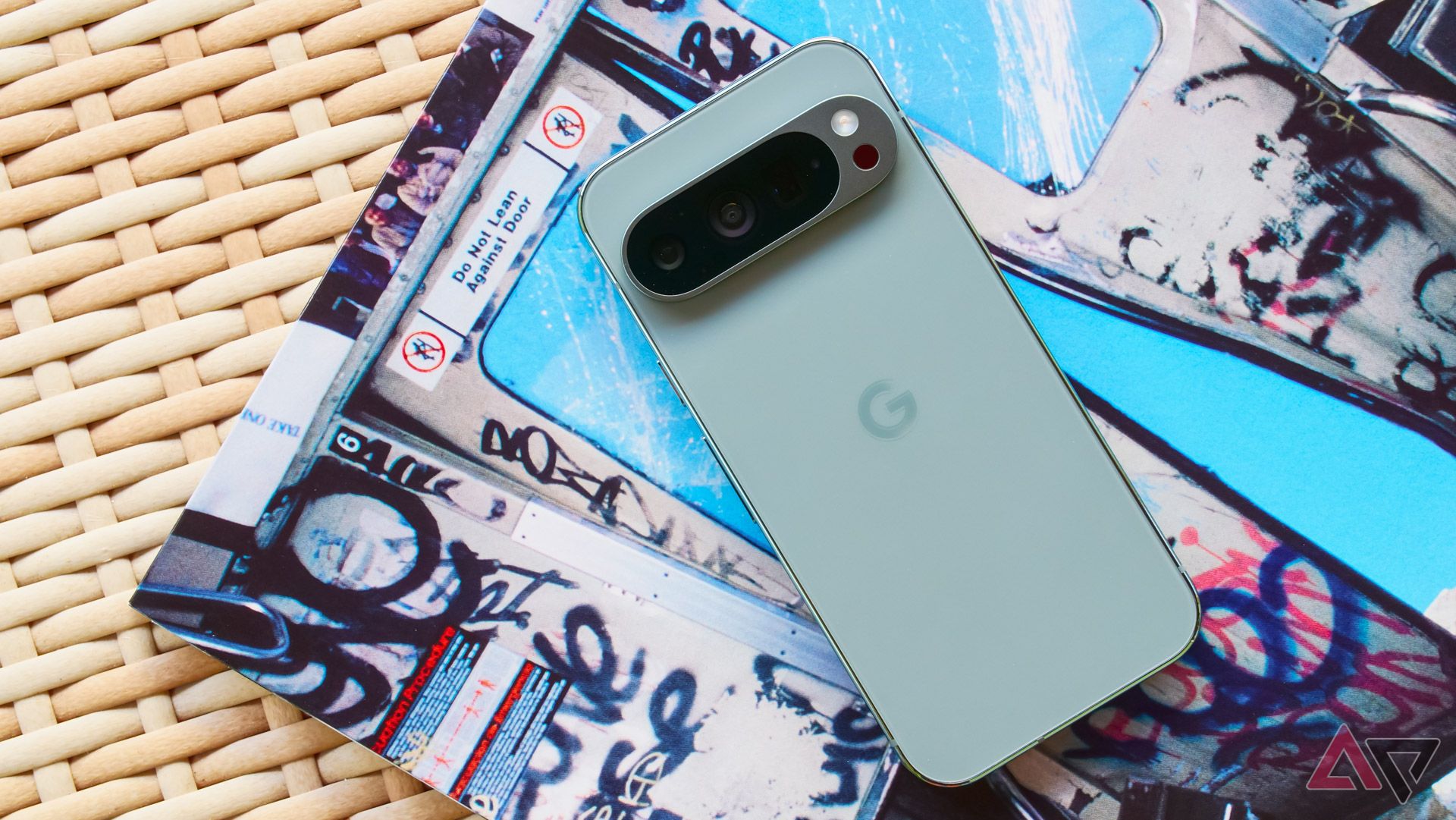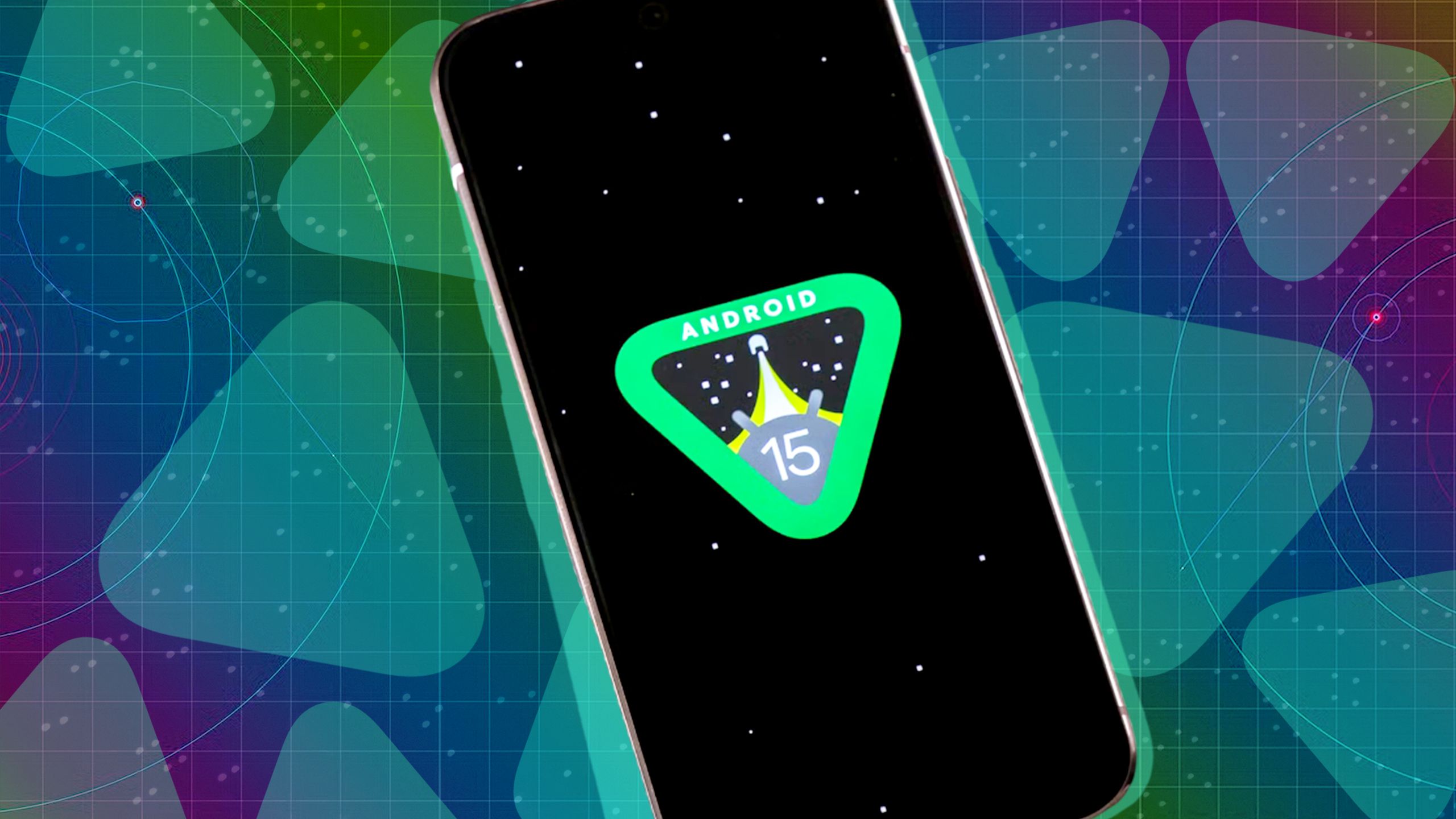Despite enduring brand loyalty and a high performance standard, the iPhone isn’t blazing trails like it once did. The iPhone 16 is a worthy Apple device but in a non-revolutionary, incremental way. Plus, more than a month after its annual September Event, where rollouts quickly follow announcements, Apple hasn’t released its Apple Intelligence AI. Meanwhile, Google raced ahead with AI features and integrations across its suite of products, including Android 15. Is Apple’s staggered release schedule an indication that the company is struggling to stay relevant, and is Android 15 an Apple killer?
Apple is late to the AI party
Apple launched the original iPhone at its first September Event in 2007. Since then, the event has become a staple of the tech calendar for the unveiling and nearly immediate launch of new iPhones, Apple Watches, and other products. Apple has announced its latest iPhone in September for 15 out of the past 17 years.
The two exceptions to the September launch event occurred in 2011 and 2020. In 2011, Apple announced the iPhone 4s would be delayed until October for reasons that haven’t been verified. However, it was the first iPhone launch after the passing of Steve Jobs, and there were rumored production challenges. Then, the iPhone 12 series launch in 2020 was delayed until October due to the COVID-19 pandemic.
What happened with the iPhone 16 and AI? The iPhone 16 series was announced on September 9, 2024, iOS 18 was released on the 16th, and the hardware became available on the 20th. Yet iPhone enthusiasts still don’t have the company’s heralded Apple Intelligence AI engine on their devices. Without AI, the iPhone 16 isn’t a big deal, and it seems unlikely the company would intentionally decouple the launches, at least not if it were confident in its AI preparedness.
Apple enthusiasts are anticipating the launch of iOS 18.1 on October 28, 2024. The update will reportedly bring the first wave of AI features to iPhone 16 and iPhone 15 Pro models. The first release will seek to rival Google Assistant’s conversational capabilities in Siri, offer a translation solution similar to Google Live Translate, and set the foundation for the company’s AI platform.
Android 15: Also decoupled, also incremental
When I made my first foray as an Android phone owner seven or eight years ago, good hardware was held back by Android’s clunky user interface, garage sale of an app store, and other limitations. Today, that isn’t the case. Excellent Android devices are available for every budget, and they’re powered by a user-friendly and highly capable operating system with a head start on AI. Still, the iPhone is the camera king, but Google’s Pixel devices and others also take great snaps.
Android 15’s release process hasn’t been without surprises. The OS was expected to debut with the Pixel 9 but was decoupled from the hardware launch. Moreover, as Taylor Kerns points out in his Android 15 review, it’s an incremental improvement to a mature OS rather than a giant leap forward.
Nonetheless, Google is iterating on its Gemini app integrations with third-party apps such as WhatsApp and Spotify, while Apple isn’t out of the gate. That doesn’t mean Apple will not allow third-party apps to use Apple Intelligence, but the company has historically been slow when it comes to third-party integrations. Having Gemini is an advantage for Google in the AI realm. Considering that the iPhone’s unique selling point has been a superior user experience, Google has both the means and ability to best its rival thanks to Gemini.

Read our review
The Google Pixel 9 Pro is Google’s Goldilocks flagship
Not too big, not too small; just right
How far behind is Apple?
Apple is, at best, months behind Android in terms of AI evolution and integration. With so much at stake, it’s easy to project why Apple might be especially mindful of avoiding missteps with its AI. Apple has a long history of taking a cautious approach to new tech — it doesn’t want to be the first; it wants to be the best. Perhaps someday, the early wait-and-see position Apple took with AI will be viewed as wise, but now, it feels laggard.


